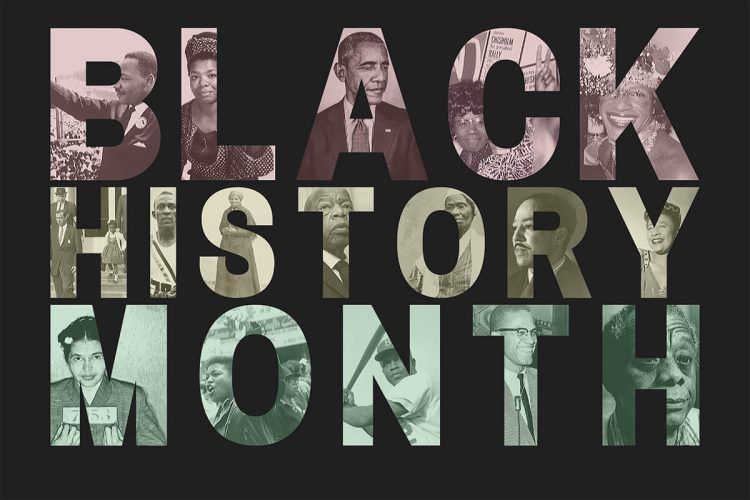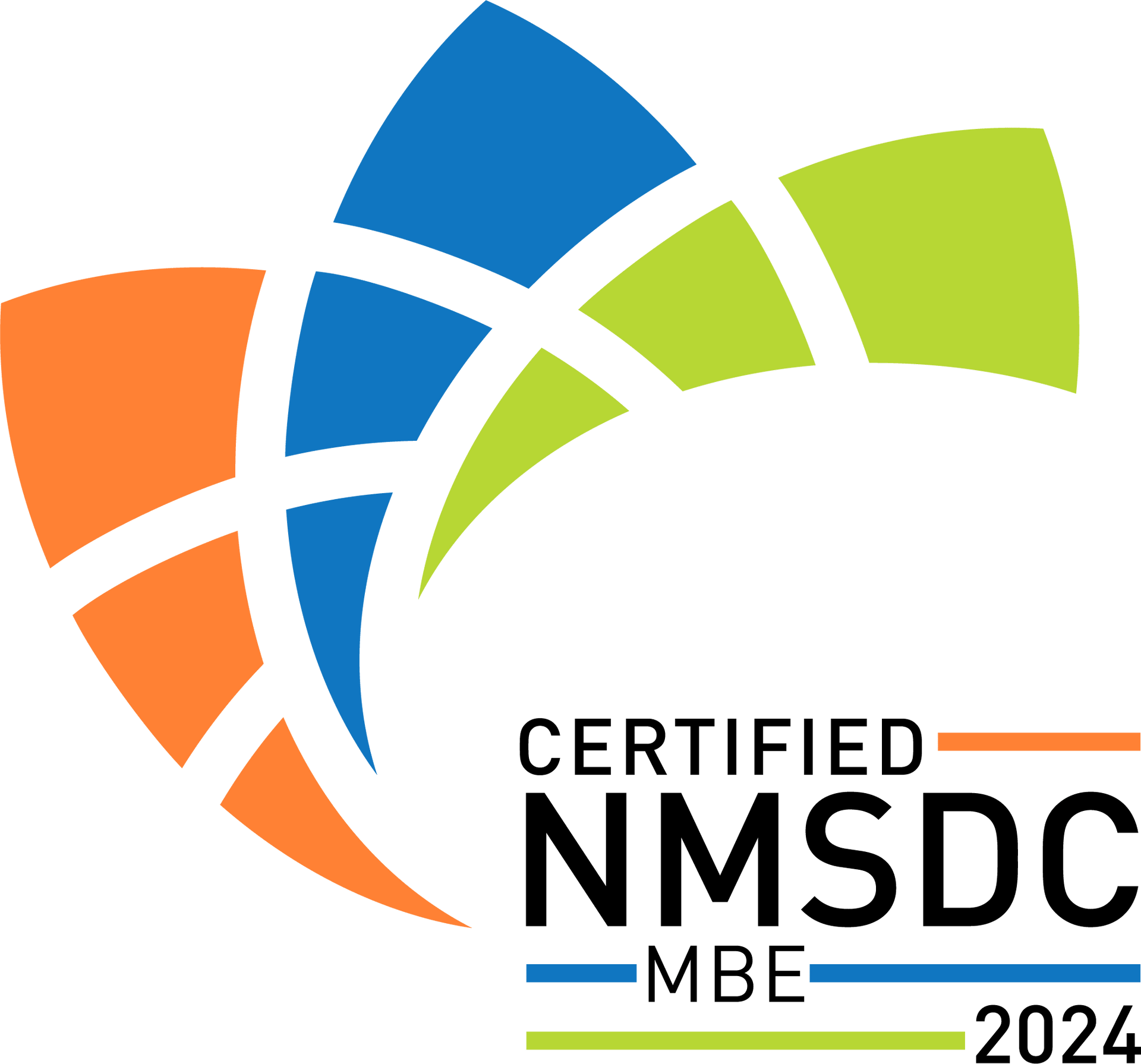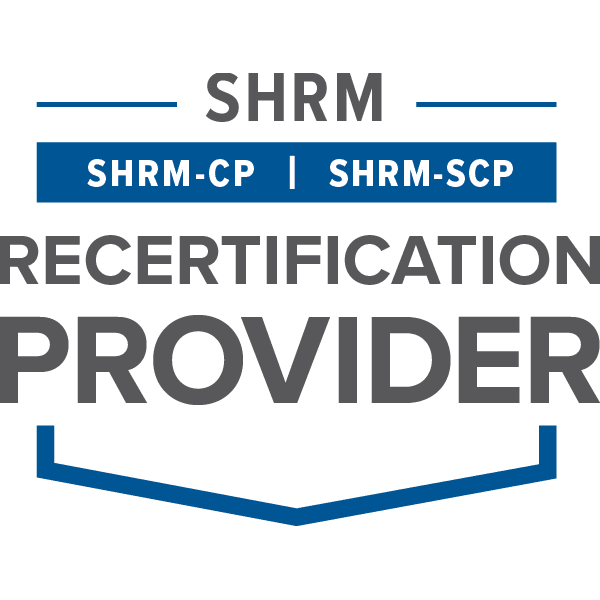Making an Impression on Your Next Interview
Congrats! You’ve been selected to interview for your dream job! You’re ready to hit the ground running, make an impact, dive deep into the community, but first, you have to nail the interview. Interview structures have changed a great deal in the past 5 years. Now we have Zoom, Google Meet, TEAMS, hybrid interviews, share your screen for your presentation, etc. It’s important to know some key tips that may help you stand out from the rest of the applicants in your next one-on-one.
Tip #1: Eliminate Distractions
The workforce has shifted, welcoming remote possibilities and processes. While this allows for more flexibility, it can cause stress around virtual interviews. When you attend a video interview, it’s essential to ensure your environment is as quiet with limited distractions as possible. We want the interview panel to focus on you, your qualifications, and what makes you a stellar fit for the role, not your dog barking at the squirrel in the yard, or the TV blasting. In addition to ensuring a quiet space, your background plays a key factor as well. So fold that laundry, get off the couch, sit in front of those books and degrees hanging up, sit in front of a blank wall, or anything similar. Don’t have the isolated space with a minimalistic background, use one of the virtual backgrounds offered on your virtual meeting platform! Anything to keep the attention on you, and your story.
Tip #2: Dress for Success!
Whether you’re meeting at a corporate office, a coffee shop, or virtually, it’s important to dress for the part. Your style gives the panel a great sense of who you are, and what kind of professional leader you wish to be. Dress for your career goal – you may be applying for the marketing coordinator, but in 5-8 years, you plan to be the CMO of a major organization, dress for a CMO interview.
Tip #3: Bring Your Authentic Self
In selecting your career, it’s important to do the work that you love and love the work that you do. It’s difficult to immerse yourself in a position when you don’t feel like your true self. If you feel you need to act a certain way, talk a certain way, or make yourself smaller, there will be no opportunity for a long term fit in that role. When you interview with an organization, incorporate your values, your mission, what drives you, and your overall work style to ensure not only a match on paper, but a cultural fit.
Tip #4: Come with Questions
You’ve made it through the analysis and dive into your experience, now it’s time to turn the tables. The question you as the interviewee asks are evaluated just as closely as what’s listed on your resume. This is the time where you will be able to show the committee that you’ve done your homework on the organization. Deep leveled questions let the organization know you have familiarized yourself with the company, it’s culture, and their milestones. Asking the interview panel about the future of the organization can provide you with insight on how you could play a part in that growth, and better prepare you for the first day.
At Diverse Talent, we cater our process with our candidates to prepare them to have a successful interview that highlights their background and qualifications in the most efficacious way. This is just one of many coaching and development services we offer.
Need coaching and development? Contact us at DT@diverse-talent.com




